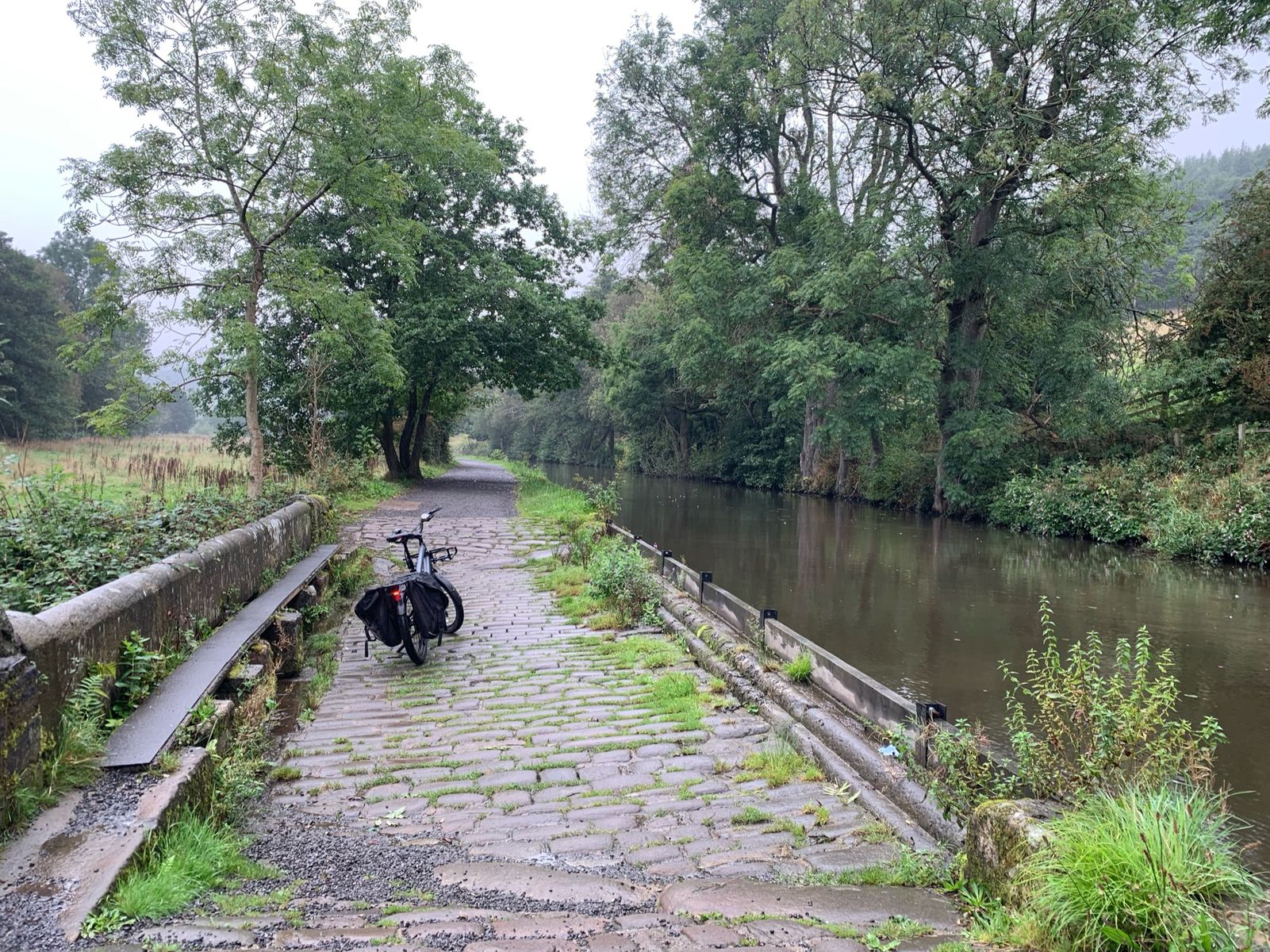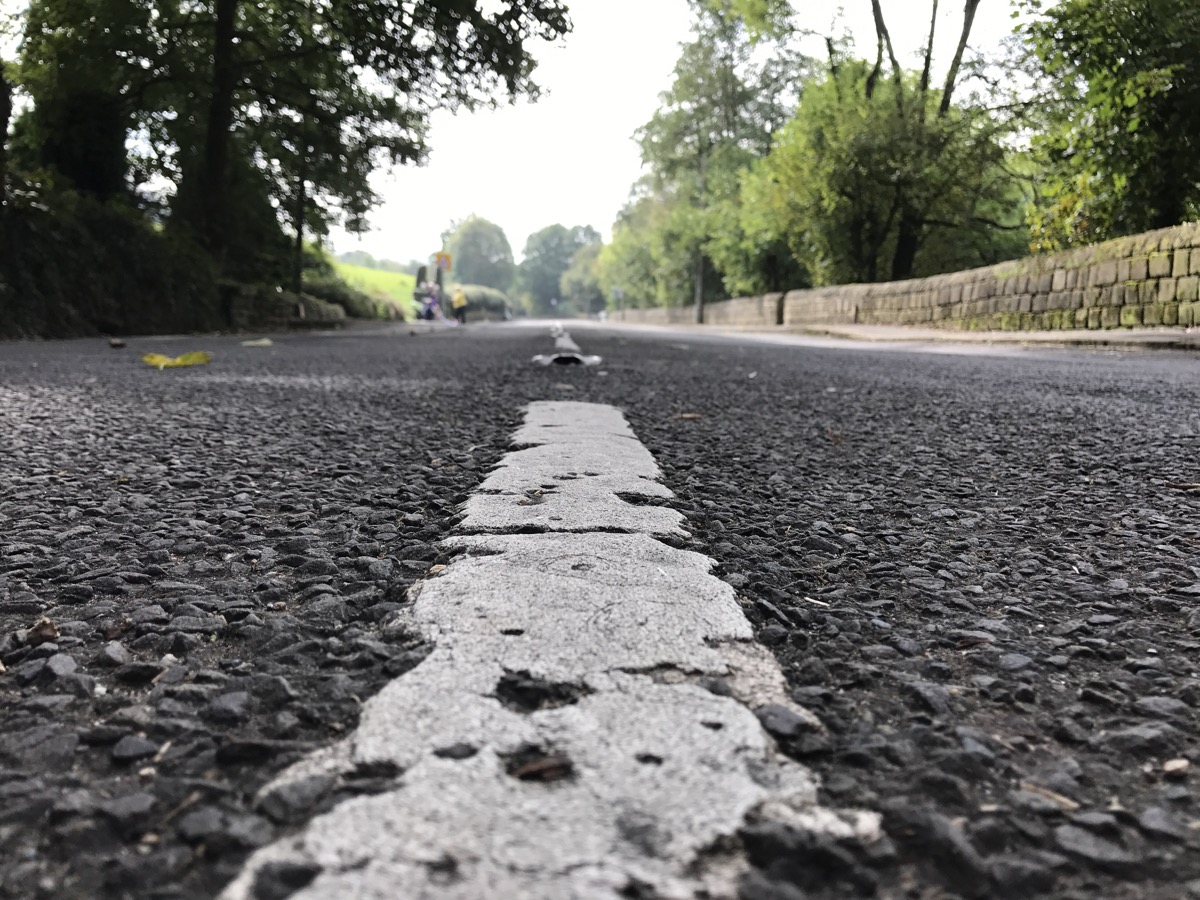Active Travel England, the Government’s new cycling and walking executive agency, launches with Chris Boardman as interim commissioner. The former Olympian has long been a champion for cycling as transport, and has been forthright in his campaigns for better infrastructure and road justice. But he’s been at it a long while – from British Cycling spokesperson, to Transport Commissioner for Manchester, he’s been pushing for improvements. Will this new role give him the opportunity to get the step-change needed to normalise cycling for transport, and shift the investment and infrastructure in this country away from its car centric focus?

The government would like to draw your attention to these key points:
- New £5.5 million investment in cycling and walking schemes, including £300,000 top up to E-cargo bike schemes; £3mn to improve cycling infrastructure around train stations; and to explore active travel on prescription
- Cyclist Chris Boardman is to become national commissioner of the Government’s new cycling and walking body, Active Travel England, which launches today.
Those of us who actually use bikes for transport may raise a cynical eyebrow. £5.5 million pounds is peanuts in the grand scheme of transport things. Let’s take a quick dive over to Wikipedia for a few road schemes by comparison:
- Capacity increase for three junctions along the A38 in Derby, expected to start in 2021 and be completed by 2024–25 at a cost of £200 million to £250 million
- M6 junction 19 capacity increase, expected to be completed in 2021 at a cost of between £31 million and £66 million
- Grade separation of the Sheriffhall roundabout on the Edinburgh City Bypass, expected to cost £120 million
So, let’s not get too excited with visions of miles of joined up segregated cycleways just yet (although, this is £5.5 million in addition to a much more significant funding packages previously announced).

£300,000 is expected to buy up to 250 e-cargo bikes which is a) cheap for e-cargo bikes and b) not actually very many bikes. How many delivery vans do you see in a day? £3mn to improve cycle infrastructure around train stations – yay, so now we might be able to securely park our bikes? Because we all know how impossible it is to actually get your bike on a train in the UK.
‘Explore active travel on prescription’. Yes! The links between ill health, poverty, poor access to transport, poor access to fresh food shops, and affordable transport to work are well established and intertwined. Maybe a bike could play a role in tackling that? And don’t forget that ‘active travel’ includes walking too.
And what of the new Active Travel England body? If that’s got some teeth then it could certainly improve the standard of some of the infrastructure that councils put in place – imagine being able to follow a cycle path that didn’t randomly disappear or put you on and off sections of pavement and on a sign post slalom?
Every penny invested in active travel has got to be a good thing. We really hope Chris Boardman and the new Active Travel England manages to make some real changes to the priority given to active travel in England. However, Chris’ appointment is only on an interim basis – will he throw his hat in the ring to take it on permanently, or will the interim role make him want to throw in the towel? Can we persuade Bez to apply?
Here’s the official government press release:
Active Travel England will be responsible for driving up the standards of cycling and walking infrastructure and managing the national active travel budget, awarding funding for projects that improve both health and air quality.
ATE will also begin to inspect, and publish reports on, highway authorities for their performance on active travel and identify particularly dangerous failings in their highways for cyclists and pedestrians.
As well as approving and inspecting schemes, ATE will help local authorities, training staff and spreading good practice in design, implementation and public engagement. It will be a statutory consultee on major planning applications to ensure that the largest new developments properly cater for pedestrians and cyclists.
Boardman will be closely involved in the full stand-up of ATE, including the recruitment of the chief executive and management team. He has been appointed on an interim basis, while the Department conducts a full and open competition for the permanent commissioner role.
Chris is the country’s leading figurehead for active travel and delivered the first phase of Manchester’s public transport system known as the ’Bee Network’. He will now lead the Active Travel England team in its work to raise the standards of cycling and walking infrastructure, in line with the principles set out in Gear Change: a bold new vision for walking and cycling.
The new body will be headquartered in York from Summer 2022 and preliminary work is already underway, scrutinising councils’ plans for active travel and supporting them to create ambitious schemes that will enable more people to walk, wheel and cycle safely.
The Government is today also announcing £5.5 million of new funding for local authorities, train operators and businesses to encourage various active travel schemes, including a £300,000 top-up to E-cargo bike schemes, £3 million to improve cycling infrastructure around train stations, and £2.2 million to explore ‘active travel on prescription’ schemes.
ATE’s establishment follows the Government’s unprecedented commitment of £2bn for cycling and walking over this parliament.
Active travel Minister Trudy Harrison said:
“Cycling and walking is not only beneficial for our health and the environment, but can also be great fun and is a brilliant way to connect communities.
“This funding is about giving people across the country the opportunity to different forms of travel, as well as supporting local businesses with the transition to greener transport. I’m very much looking forward to working with our new active travel commissioner to improve standards for everyone.”
Active travel commissioner for England Chris Boardman said:
“The positive effects of high levels of cycling and walking are clearly visible in pockets around the country where people have been given easy and safe alternatives to driving. Perhaps most important of all, though, it makes for better places to live while helping both the NHS and our mission to decarbonise.”
“The time has come to build on those pockets of best practice and enable the whole nation to travel easily and safely around their neighbourhoods without feeling compelled to rely on cars. I’m honoured to be asked to lead on this and help deliver the ambitious vision laid out in the government’s Gear Change strategy and other local transport policies.
“This will be a legacy we will proud to leave for our children and for future generations. It’s time to make it a reality; it’s time for a quiet revolution.”
This is part of the Government’s ongoing commitment to create safer streets for people to enjoy cycling and walking and boost air quality as it builds back greener from the pandemic.
More than 30 local authorities have received part of a £2.2 million pot of Department for Transport funding for feasibility studies into creating ‘cycling and walking on prescription’ schemes. The Government wants active travel embedded into our established system of social subscribing, as a proven method to improve physical and mental health.
The feasibility studies will develop innovative projects linking local active travel, physical activity and health networks to support people to choose to make more short journeys on foot or by cycle. The pilots will be focused in areas where health inequalities are evident, or levels of physical activity are low.
Health minister Maria Caulfield said:
“This vital investment in cycling and walking schemes is providing new ways to improve the health and wellbeing of the nation and builds on the rollout of social prescribing across the NHS.
“We must do all we can to level up health disparities across the country, meaning everyone, no matter where they are from, can lead healthier, happier lives”
The Department for Transport’s national e-cargo bike fund, which subsidises the cost of e-cargo delivery bikes for small businesses, will also receive a £300,000 top-up to build on the scheme’s success so far, with applications exceeding the funding available. This will enable businesses across the country to purchase up to 250 more e-cargo bikes to deliver goods in their local area.
This all comes as it has been confirmed that 14 local authorities have successfully secured part of a £1.2m fund to support the purchase of e-cargo bikes by local businesses, enabling the transition from motor vehicles as we work to decarbonise the entire transport network. The bikes can be used for deliveries and transportation by local businesses or councils themselves.
Finally, train operators will receive part of a £2 million investment for 24 projects to provide more secure cycle parking facilities at 23 train stations across the country, with a further £1 million spent on creating dedicated cycle routes to 5 stations. This comes as the Government takes action on the commitments set out in “Gear Change” and the Williams-Shapps Plan for Rail and will both improve both the quality and safety of cycling facilities at stations.





